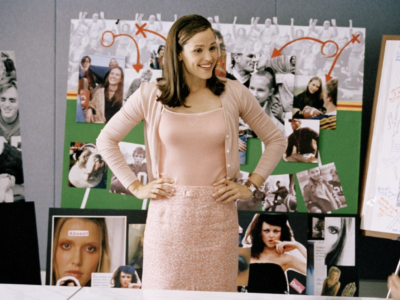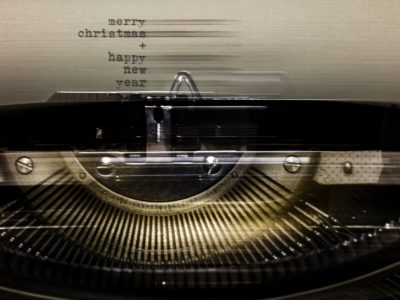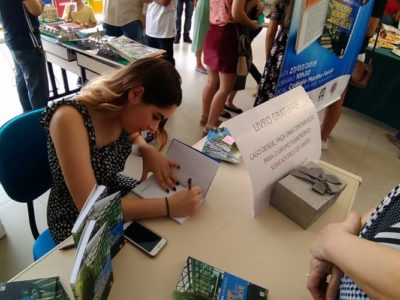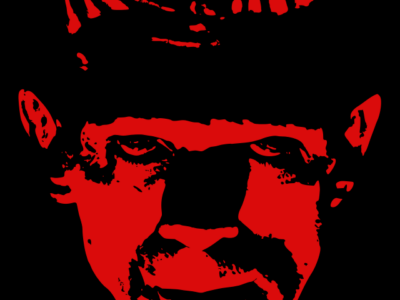False spring coming to an end only means two things: the arrival of summer and the departure of the school term. As much as I’d like to fly again, it feels like I just got off the plane and it’s mid-February and all I can see is the snow outside my window. I feel like I’ve never left Dulles, after a horrendously long delay of over fifteen hours. I’m still amidst all the greyness. However, during the roughest patches of false spring, I picked up a book of Fernando Pessoa’s selected poetry. His words gave me a chance to reflect on everything coming and going around me. Every morning, I’d sit in front of my house in my saddle shoes, overlooking the End of the World, bathed in sunshine.
Listening to what he has to say.
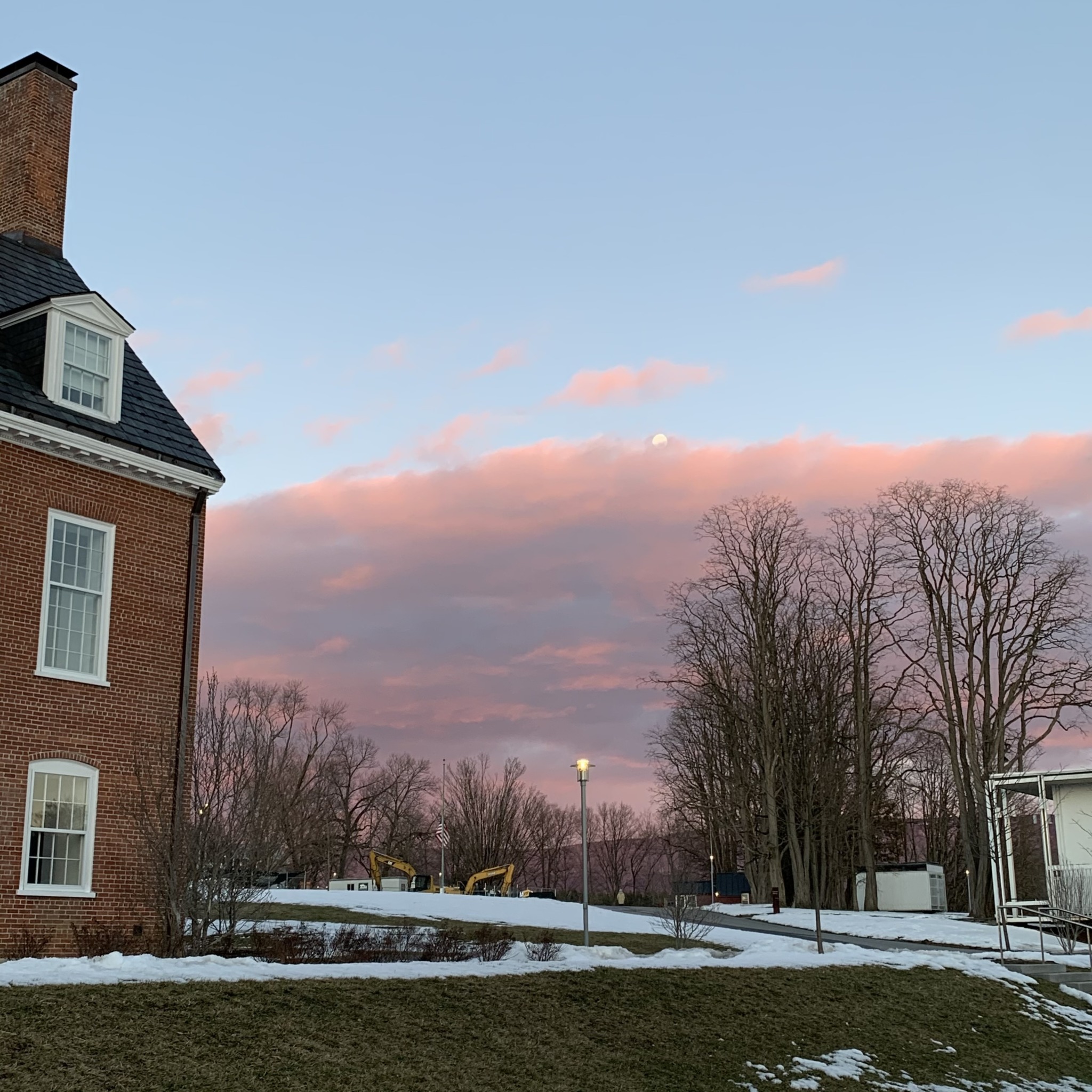
I’d like to think I’m not a sad person. I don’t usually use the word “sad.” I find it vague. I prefer “melancholy,” “gloom” and “unhappy.” Anything but sad. Even “nostalgia” holds a hint of bittersweetness. Though all of those words have their distinctions, my friend chooses to call Pessoa’s poetry “sad.”
I find Pessoa relieving. His words never cease to relay what’s on my mind. It’s as if he can transcribe my feelings before I’ve even recognized them myself.
His remarkable little poem called “When Spring Returns,” written by his persona Alberto Caeiro holds a dear place in my heart. Caeiro imagined himself as a shepherd but instead of sheep, he tended his flock of words. His delicate selection of words throughout his poetry solidifies his tenderness and care towards the flock: “Today I wish I could think of Spring as a Person / So that I could imagine her crying for me / When she sees that she’s lost her only friend.” With the premature warmth, I felt nostalgic for the quarantine days: walking in loops around the campus in the snow, long phone calls with friends by the frozen pond until my hands turned numb and waiting for nightfall and the fairy lights to come on. My only friend was my leather coat.
Even now, I feel naked without its weight huddled on my shoulders.
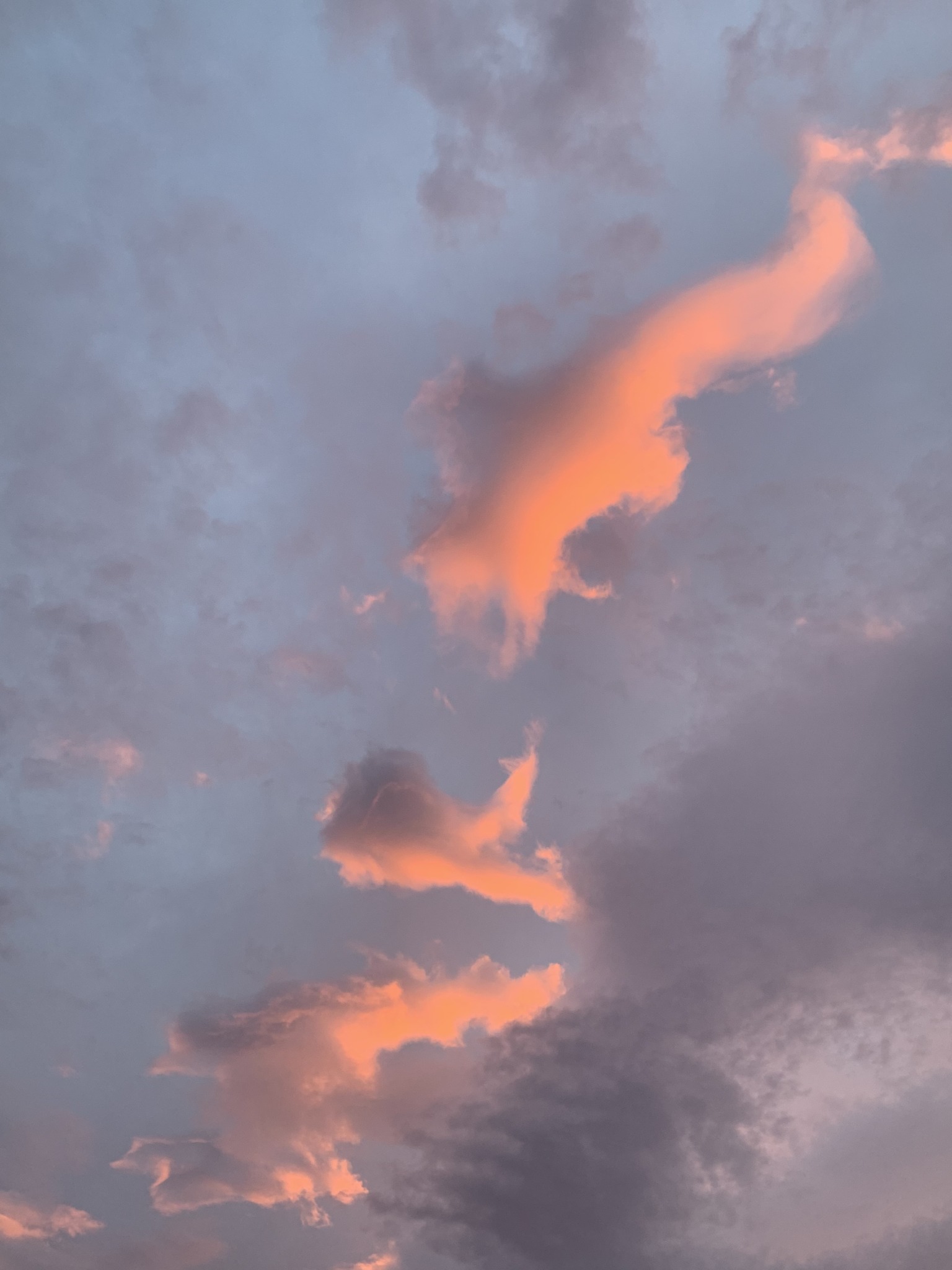
Reading those words about a season crying for me, for the loss of winter, felt like pure magic. I sensed an ache and came to terms that even though I have a year left at Bennington, I will never experience those truly isolated moments again. The campus will never be as silent.
Sometimes silence can be kind. My friend’s silence was until I turned to Pessoa: “But Spring isn’t even a thing: / It’s a manner of speaking.” So spring bears no physicality but perspective. Like how my friend asked for patience in the shortest month of the year and how I still wait as May comes to a close. Nothing should be expected, decided or definite. Those days felt everlasting–warm enough to watch the stars at night in the fields and the moon from a wooden swing.
As soon as I became comfortable with my routine of flipping to a new set of poems before lunch, the bleakness returned. I forgot how cruel false spring can be. The days turned dreary and wet. Misunderstandings occurred. Change wears different clothes. Pessoa reminds me, “Not even the flowers or green leaves return / There are new flowers, new green leaves.” My friend blames everything on the time of season but dreams of travelling to Lisbon.
I never received my friend’s letter but I found a Crossett Library squirrel in a book I stumbled upon, analyzing Pessoa.
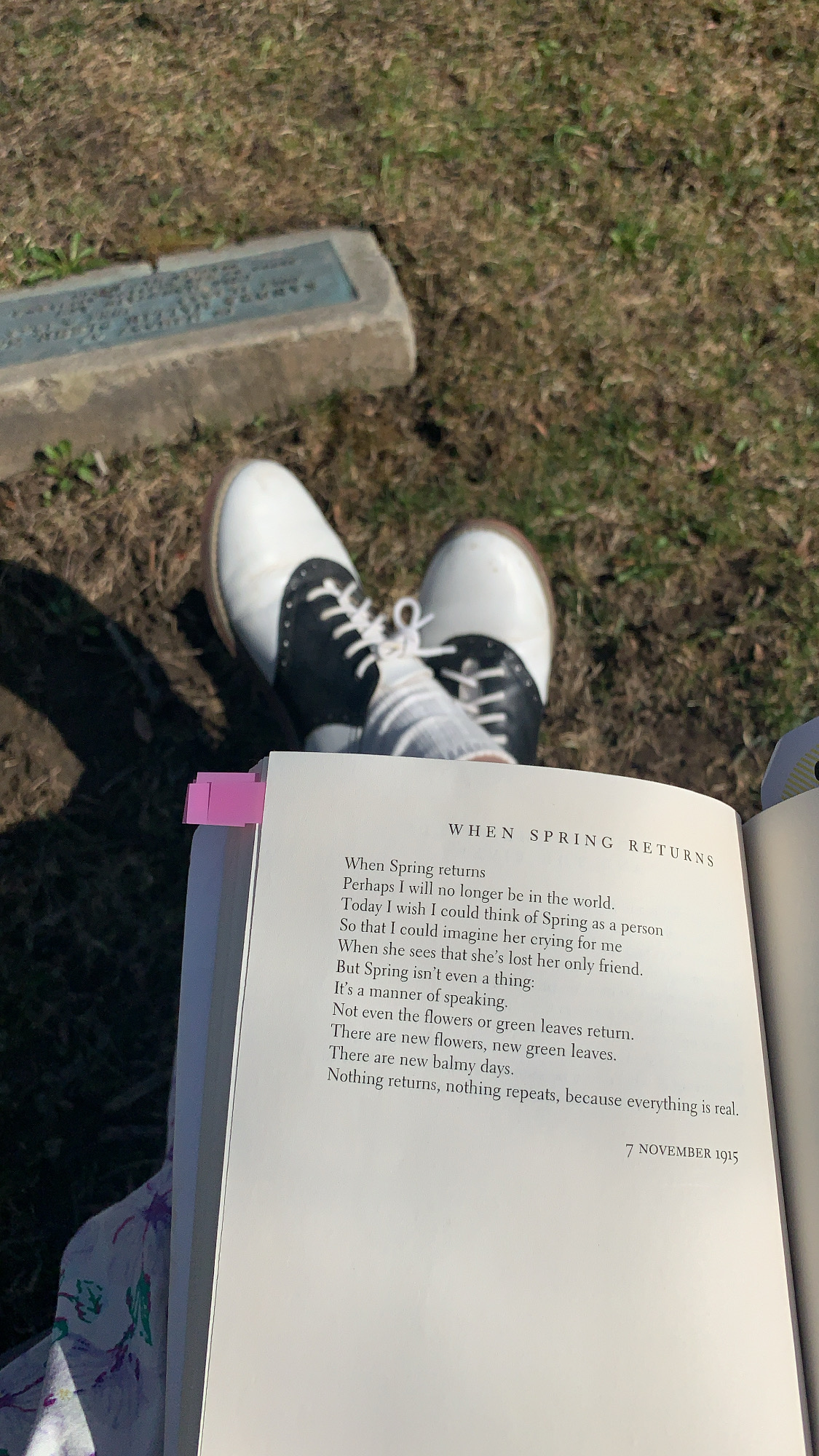
A small paper token you can retrieve for a prize. Without any idea what the prize meant, I hoped it wouldn’t be something tacky or trivial like a gift card. Anything but the impersonal.
Of course, the library never ceases to surprise me in its wonder. The Dean of the Library led me to a chest of drawers to choose from, containing various knick-knacks and patches, vintage postcards and tchotchkes. A lego version of the chest even sat on top. I carefully looked through each drawer, taking my time through the assortment of stationery.
I emerged from the library with a stack of Puffin Classics postcards and fittingly, a ceramic sardinha designed by Martin Jarrie for Bordallo Pinheiro. Pinheiro is another Portuguese artist. My sardinha depicts an illustration of passengers crossing the Tagus from Lisbon. I looked at the calendar to find it was April 25th, the day of the Carnation Revolution and the name of the suspension bridge over the Tagus. A day of freedom.
For me, the first step to liberation is completing my finals.
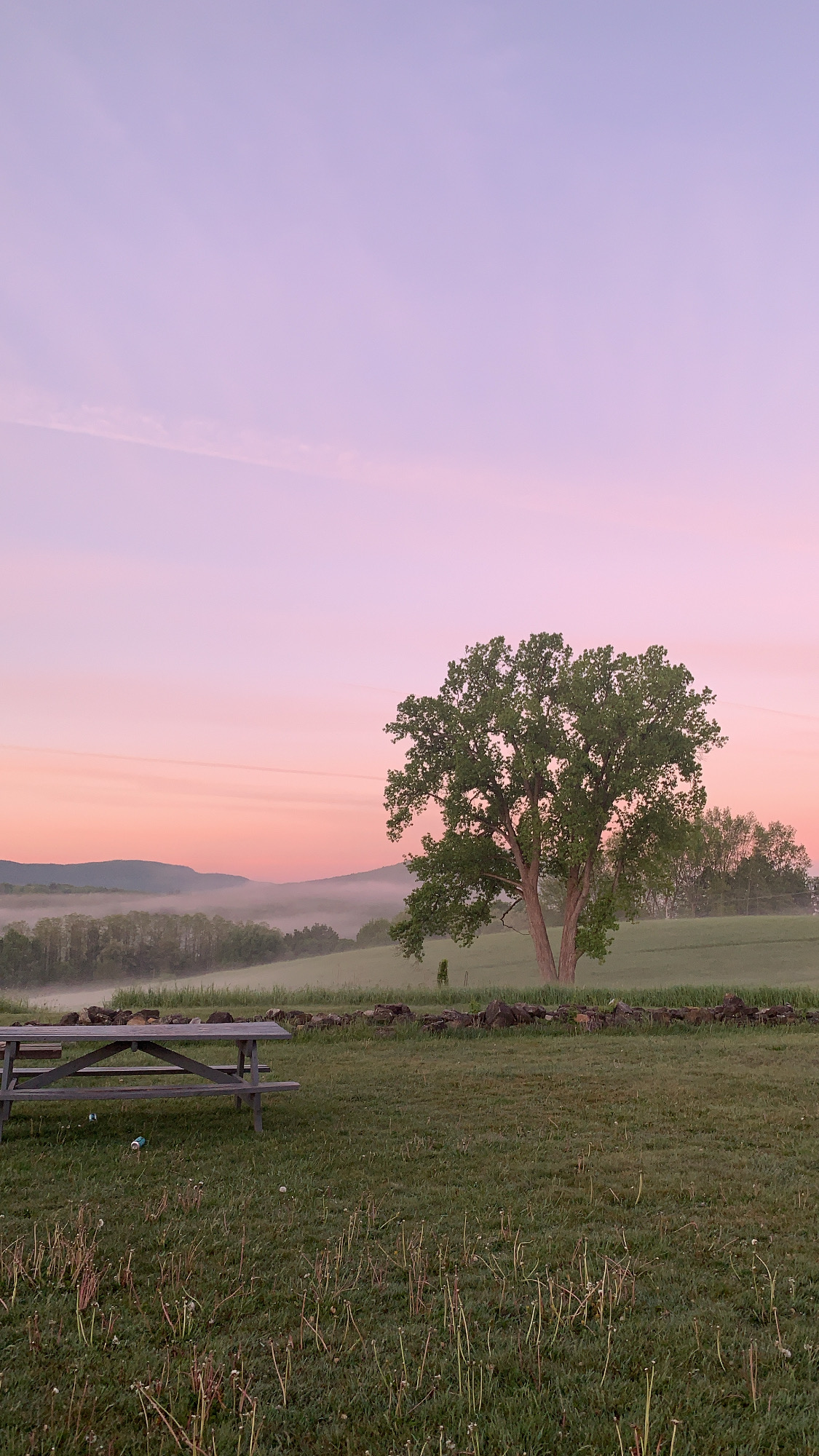
Then after rereading my favorite parts, I will slowly remove each Post-It note one by one from my Pessoa to return it to the library. My dorm room will be as bare as the book once all of my posters get taken down.
On the walk there, I will catch a glimpse of the End of the World one last time, before getting on a plane again. I will think of Pessoa and the emptiness of the highway at night, of all the lilac blossoms that fell into my copy and all the times I couldn’t help but grin. I will try not to think about how lonely my layover will be, I will try not to think about how my friend never replied. Spring has finally arrived and I will be elsewhere. Nothing of last year has any consequence. “Nothing returns, nothing repeats because everything is real.” I’ll think of his words, watching the sunrise over Bennington for the first time in two years. Knowing it’ll be different, that the sun rises one minute later for him. Tchau Pessoa. You’ve served me well.
Works Cited: Pessoa, Fernando. “When Spring Returns.” Fernando Pessoa & Co.: Selected Poems. NY: Grove Press, 1998.









